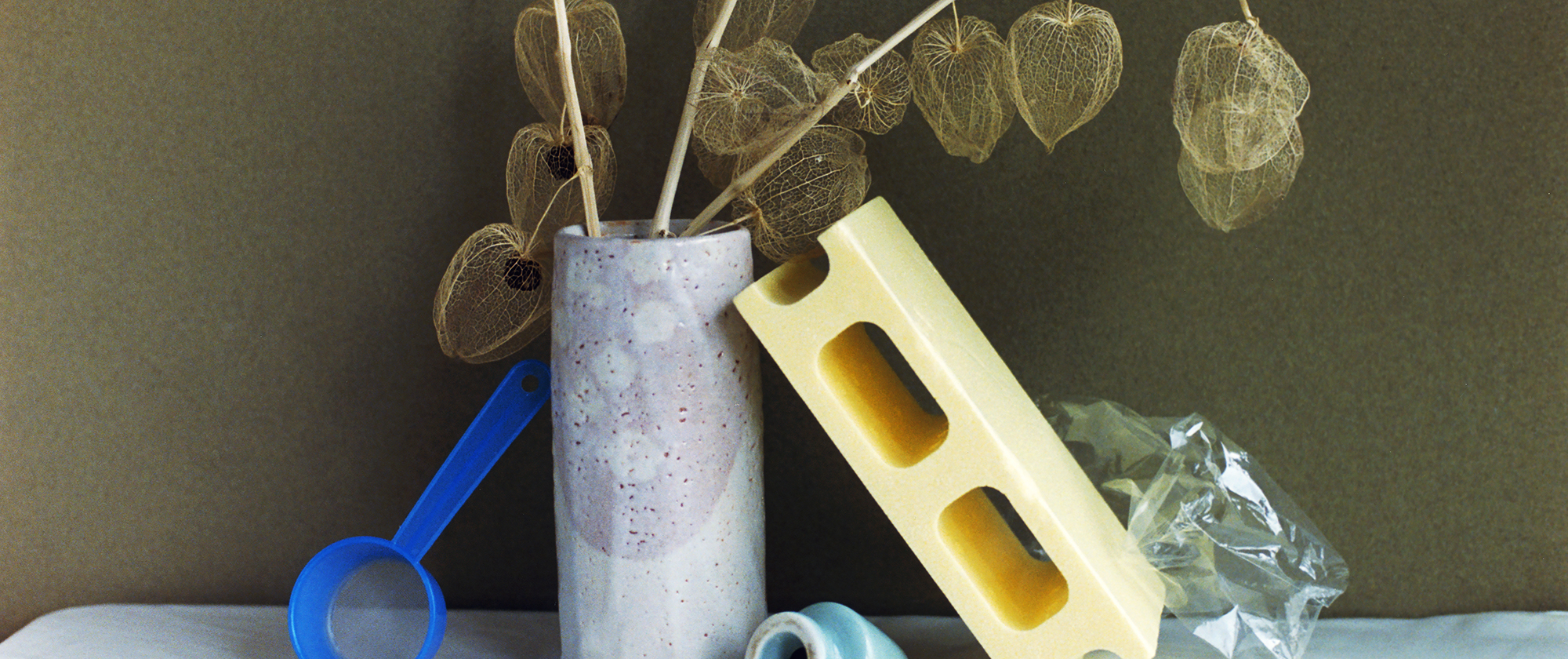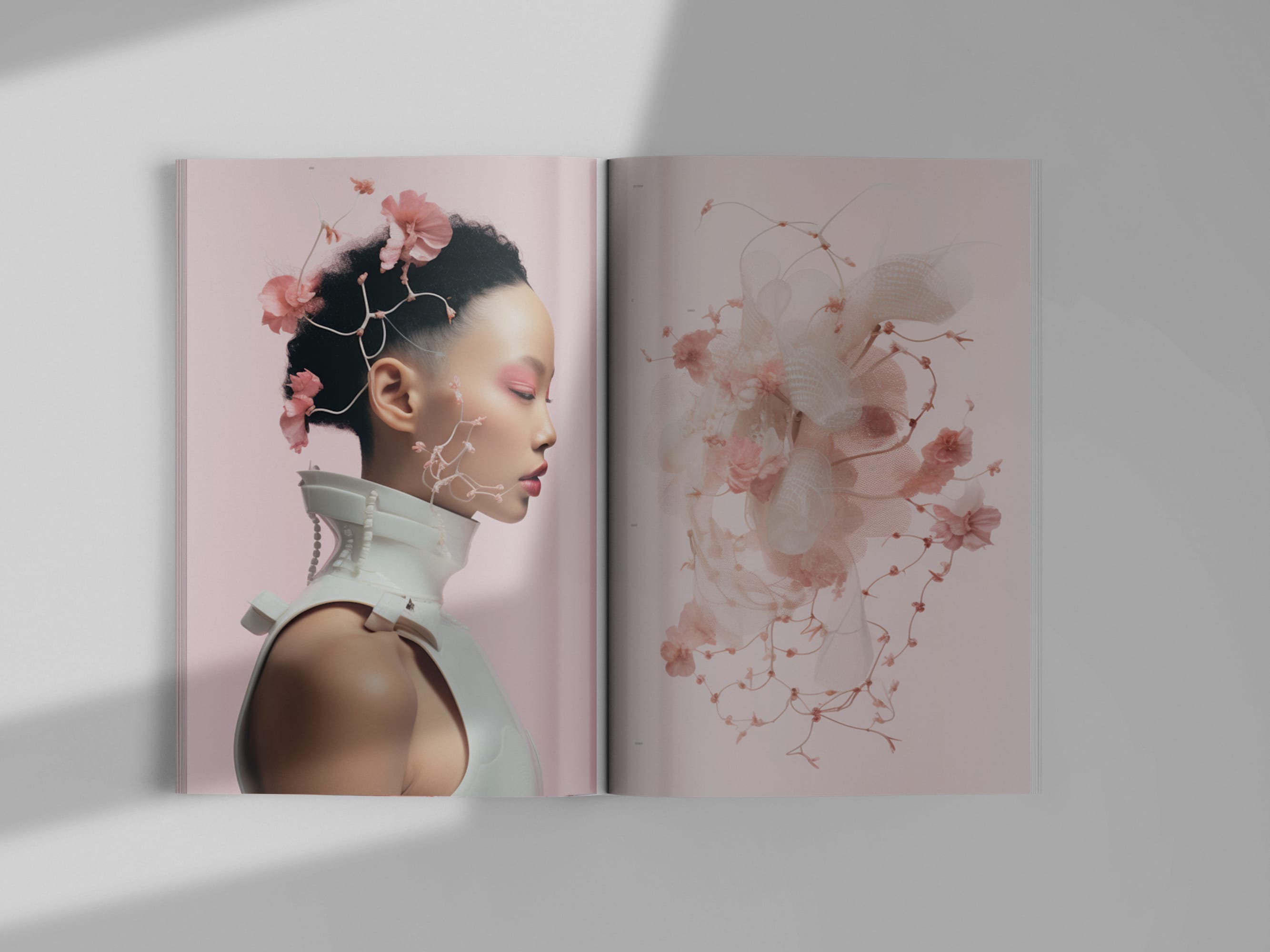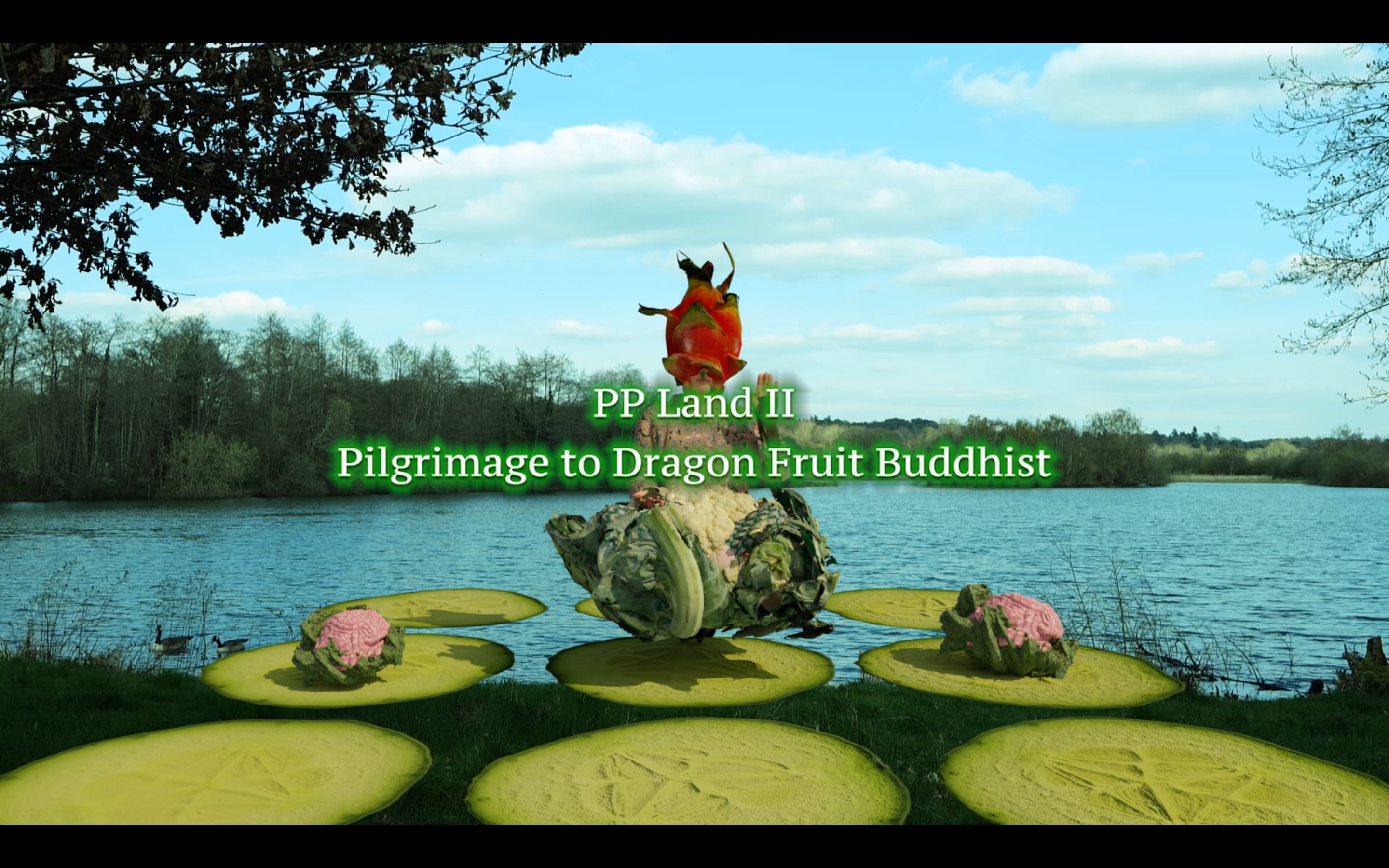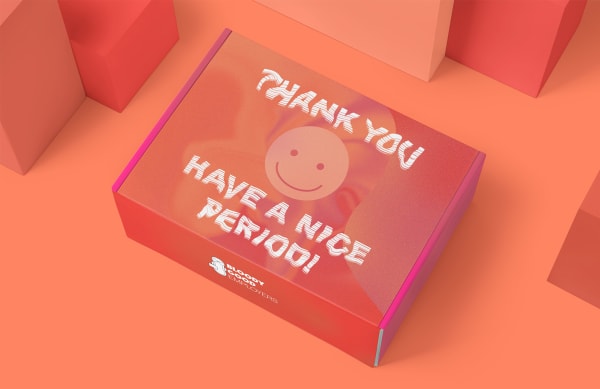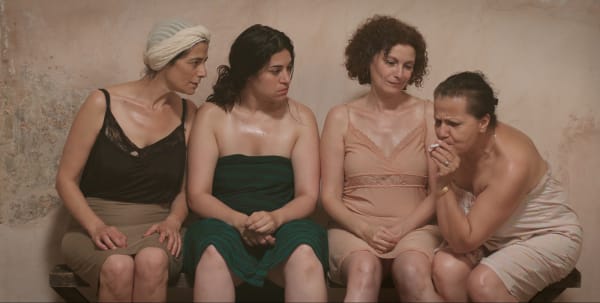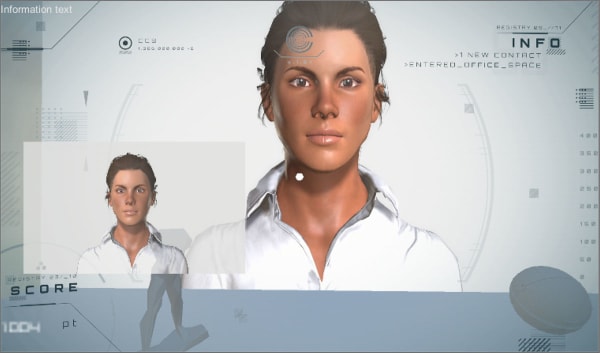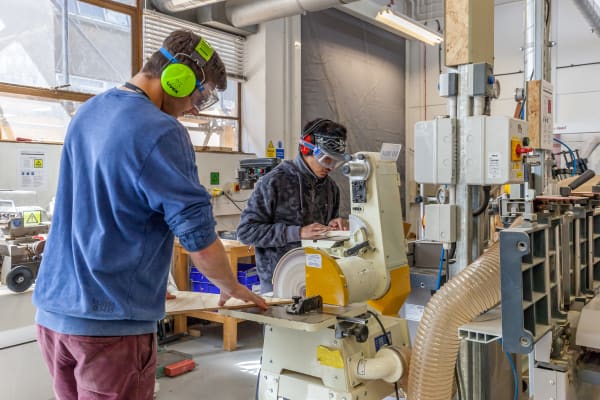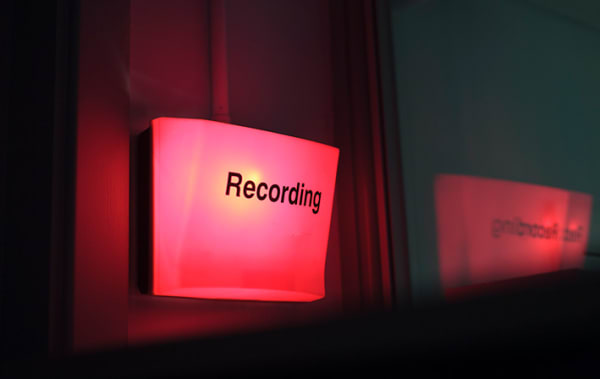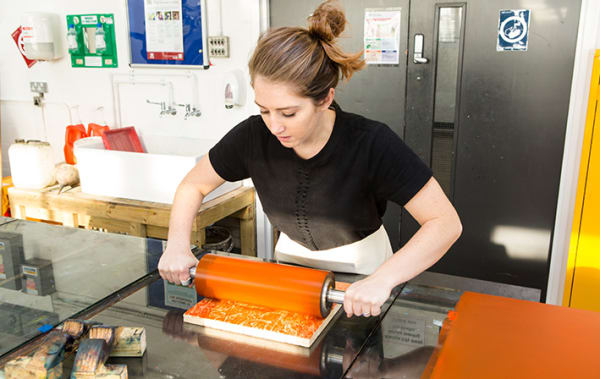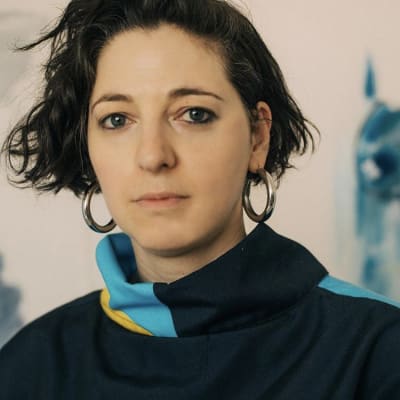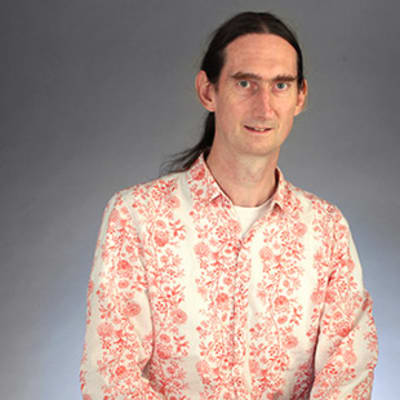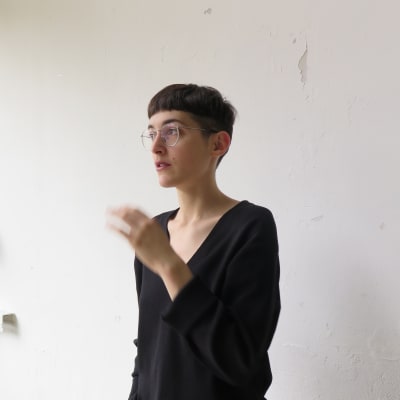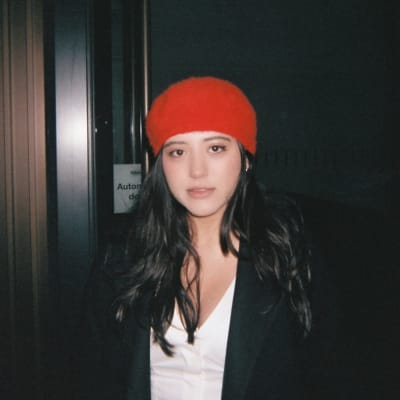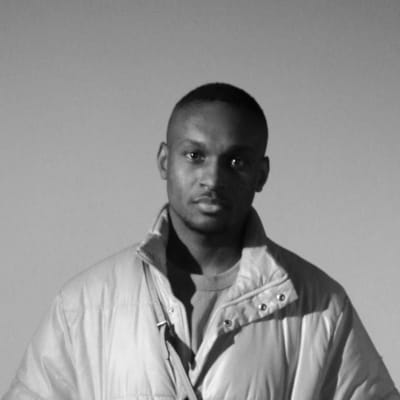Course units
We are committed to ensuring that your skills are set within an ethical framework, and we have worked to embed UAL’s Principles for Climate, Racial and Social Justice Principles into the curriculum and in everything we do. As part of this initiative, we’ve shaped our courses around social and environmental sustainability principles that ensure learning outcomes reflect the urgent need to equip you with the understanding, skills, and values to foster a more sustainable planet. Our aim is to change the way our students think, and to empower you to work towards a sustainable future
In common with all courses at the University of the Arts London, this course is credit rated. Years 1 and 2 must be passed to enter into Year 3. Your degree is attained through full completion of the third year.
Year 1
Introduction to Design for Art Direction (20 credits)
This unit introduces the research methods and processes involved in study at higher education. Thinking through the potential that theory offers the study and practice of art direction through a number of perspectives that you can choose between, for example: cultural studies, queer theory, film theory, decolonising theory and practice, feminist histories,
Design Principles (40 credits)
In this unit you will work through the core practices of image production, narrative construction and graphic design. The unit is made up of smaller projects that refine visual skills and develop your visual language across a number of formats.
Media Exploration (20 credits)
Invites you to produce a moving image work that draws on narrative construction, art direction, production design, photography, filming, editing and sound design.
Locating Practice (20 credits)
Gives you the freedom to determine an area of specialism by proposing a self-directed project either in collaboration with others or individually.
A series of pitches helps you to refine your idea, project manage outcomes and produce a live outcome or a proposal to get funding or find a creative team.
Contextual and Theoretical Studies 1 (20 credits)
Year 2
Design Production (40 credits)
A collaborative project that requires you to address societal concerns using design and narrative storytelling to inform, raise awareness and where appropriate call to action and attempt to change unsustainable practices. These concerns change year on year and usually address real world problem. In the past, projects have focused on climate crisis, sustainability and rebranding the European union.
Professional Practice (20 credits)
Art Direction (40 credits)
This unit builds on the Locating Practice unit in year 1 and the development of your research interests over the subsequent year. Usually self-directed, the project asks you to reflect on your area(s) of specialism and propose a project to develop your portfolio and develop working relationships both in and outside of the college.
Contextual and Theoretical Studies 2 (20 credits)
Year 3
There are two pathway options in term one and two of Year 3. One route involves an 8,000 – 10,000 word piece of written work (Route A), or the other route combines a 4,000 – 5,000 word piece of written work plus a Self-Initiated Project (Route B).
Industry Practice: Routes A and B (20 credits)
By researching and familiarising yourselves with the sectors, practices, behaviours and needs of ‘industry’, you can start to contextualise your practice. These processes can be useful, celebrated or challenged and the unit will help you to take a position in relation to it and produce a piece of work in response to it.
Self-Initiated Project: Route B (20 credits)
The project can draw on your specialist research area, perhaps taken from the thesis. You will be guided through the unit in a series of individual tutorials and workshops to produce meaningful work for your portfolio.
Contextual and Theoretical Studies 3: Route A (40 credits)
Contextual and Theoretical Studies 3: Route B (20 credits)
Major Project Studio: Routes A and B (60 credits)
This a substantial self-directed project where you will produce and answer your own creative brief in dialogue with tutors and peers, demonstrate strategic thinking, excellent research skills and explore the potential of your creative practice.
Optional Diploma between Years 2 and 3
Between Years 2 and 3 of your course, you’ll also have the opportunity to undertake one of the following qualifications:
Diploma in Professional Studies (DPS) (Optional)
An optional, year-long learning opportunity which enables you to develop your professional skills by undertaking time out for industry experience. Supported throughout the year by academics, you’ll build on the knowledge gained on your course in a range of national or international locations, and graduate with an additional qualification of Diploma in Professional Studies.
Diploma in Creative Computing (Optional)
Between Years 2 and 3, you can undertake the year-long Diploma in Creative Computing. This will develop your skills in creative computing alongside your degree. After successfully completing the diploma and your undergraduate degree, you’ll graduate with an enhanced degree: BA (Hons) Design for Art Direction (with Creative Computing).
